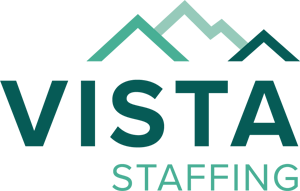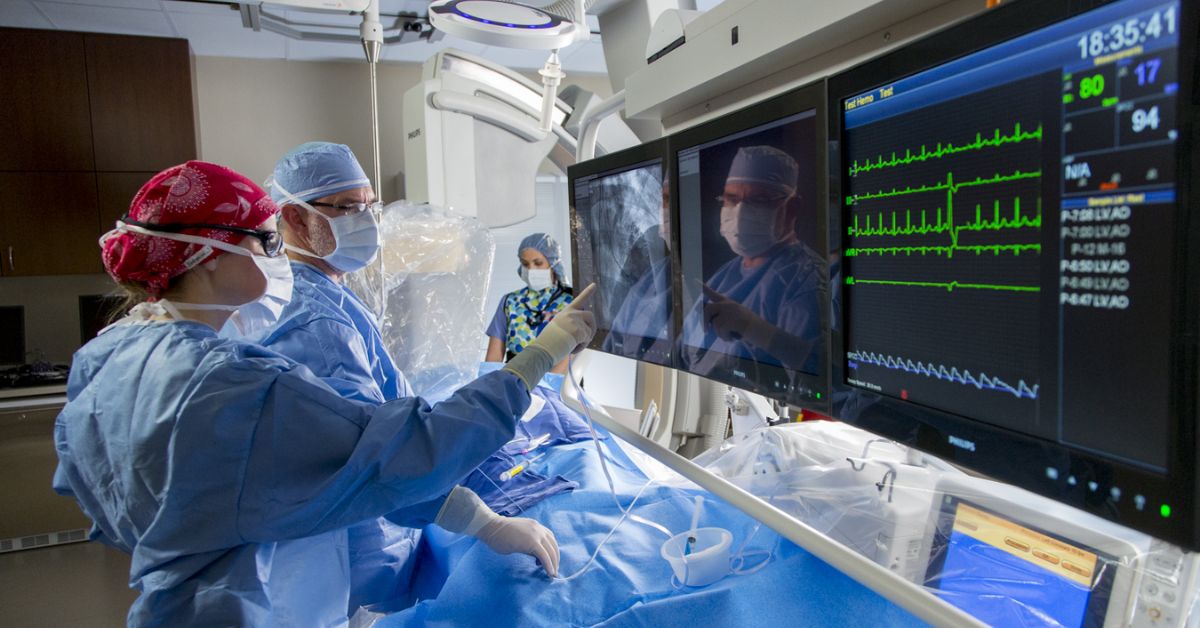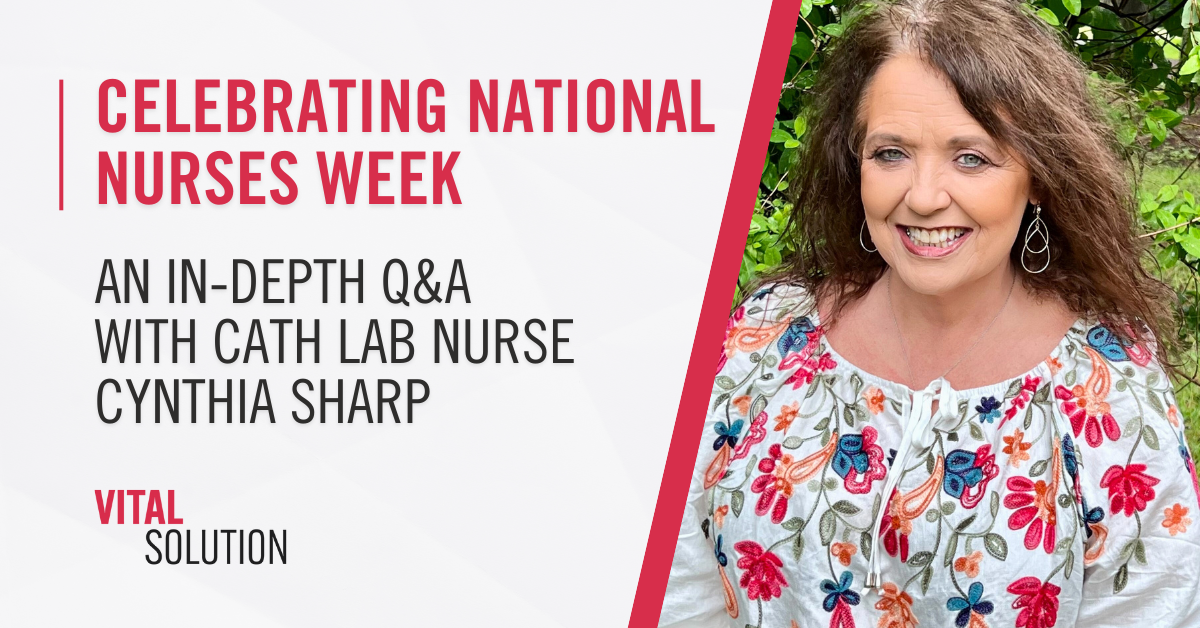
Educational options for a career in nursing
Deciding on a degree program to pursue a career in nursing can be as challenging as the job itself. There are many paths you can take, and each has its benefits and drawbacks. So how do you know which to choose?
In this article, we will take you through the education options that you have and explain how each will influence your career prospects.
Associate Degree in Nursing (ADN)
The Associate Degree in Nursing, or ADN, is a 2-year degree that provides a budget-friendly path to entering the workforce. It serves as the minimum requirement for becoming a licensed Registered Nurse.
ADN programs provide students with an introduction to the field and offer an excellent option for those with time or financial constraints. However, as the demands of our healthcare system change, employers are beginning to seek out candidates with more education, even for some entry-level roles.
Bachelor of Science in Nursing (BSN)
A Bachelor of Science in Nursing (BSN) degree is a step up from the ADN and typically takes 4 years to complete. However, if you’ve already completed an ADN or have a Bachelor’s degree in another subject, earning your BSN will likely only take 2 years.
Earning a BSN offers more career mobility than an ADN and opens up specialized opportunities outside of traditional floor nursing. You’ll also have a substantially higher earnings potential and the ability to pursue a master’s degree or even a doctorate if you choose.
Master of Science in Nursing (MSN)
For those already practicing, a Master of Science in Nursing (MSN) is a stepping-stone to career growth. Whether you’re looking to hone in on one clinical specialty, become an advanced practice nurse, or pursue a leadership position, the additional 2-3 years of education are essential.
MSN programs are highly competitive and can take more of a financial toll with less aid available at the graduate level. However, in many cases, you can complete your MSN while working full-time and you’ll have the potential to earn up to $20,000-$30,000 more per year than you would with a BSN as you take the next step in your career.
Doctor of Nursing Practice (DNP), Ph.D., Doctor of Nursing Science (DNSc), Nurse Doctorate (ND)
There are four terminal degrees in nursing. The Ph.D., DNSc, and ND focus primarily on research or more advanced specialty skills, and the DNP focuses in on topics that support nursing leadership. Of these four degrees, the DNP is the most commonly pursued.
Completing the DNP program typically takes anywhere from 3-6 years depending on whether you’re working towards it on a full-time or part-time basis. As our healthcare system continues to change, DNPs in clinical practice will likely play a more significant role in problem solving and advocacy. This additional responsibility often comes with a six-figure salary and a number of opportunities for advancement, especially as those in leadership positions start to retire.
Nursing degrees are not one-size-fits-all so it’s important to consider your personal needs, your career goals, and all of your options as you decide on a path to take.
At CardioSolution, we offer excellent career advancement opportunities for our nurses. From leading program implementations to taking on management roles, we can provide you with the experience you need to take your nursing career to the next level. Learn more about employment with CardioSolution.
Top Blog Posts:
Best Interventional Cardiologist Jobs in Ohio
 company
company 
 (866) 755-7519
(866) 755-7519












